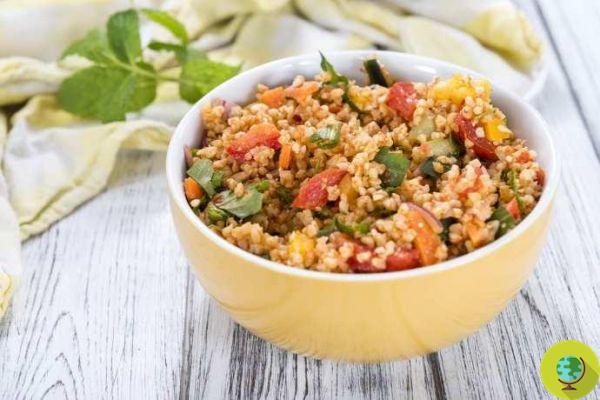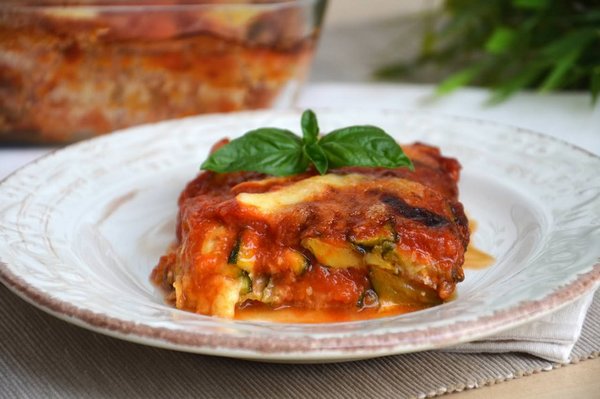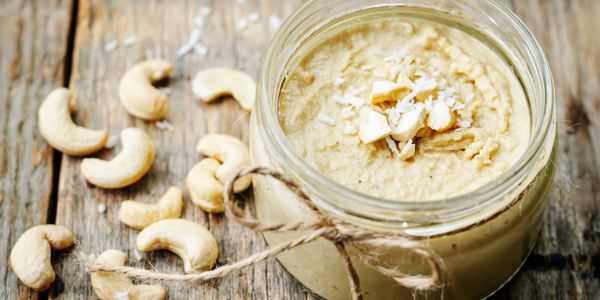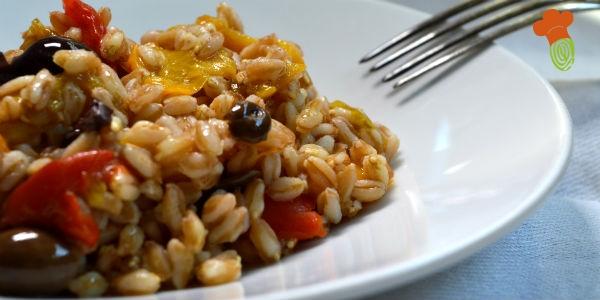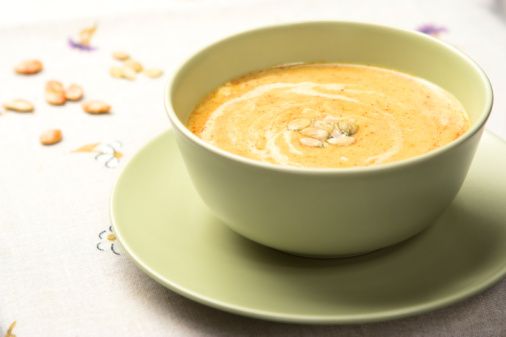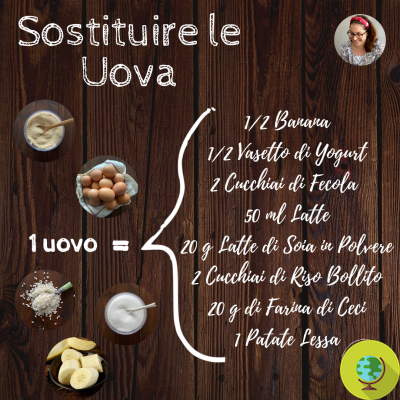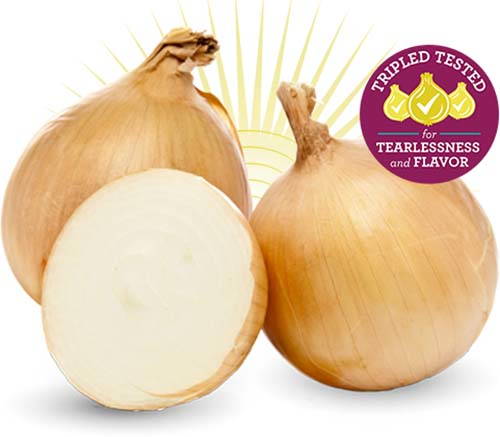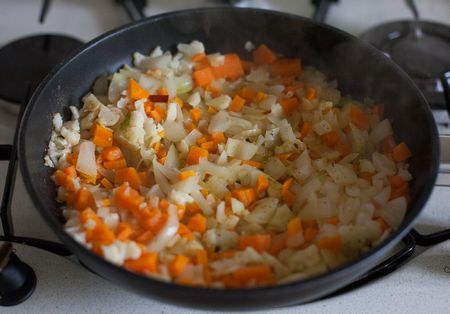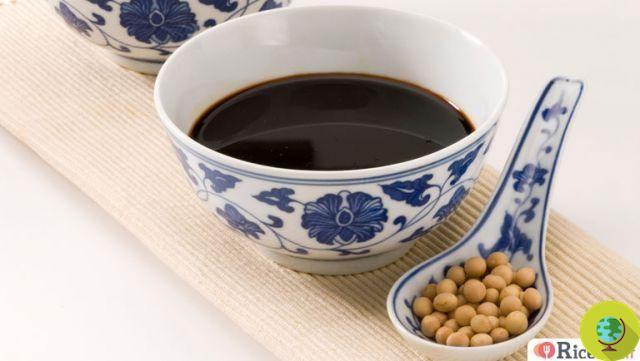Oranges are among the most popular citrus fruits. With oranges we can prepare juices and juices, but they are also excellent to be enjoyed simply as fresh fruit. The period from November to February is the best for tasting oranges and for making jams.
Don't store avocado like this: it's dangerousLe oranges are among the citrus fruits most loved. With oranges we can prepare juices and juices, but they are also excellent to be enjoyed simply as fresh fruit. The period from November to February is the best for tasting oranges and for making jams.
Originally from China and Southeast Asia, this winter fruit was only imported to Europe in the XNUMXth century by Portuguese sailors. It is therefore no coincidence that in past centuries the orange was sometimes called 'portugal' and that in some languages this fruit keeps a similar name ('portocali' in Greek, portokall in Albanian and burtuqal in Arabic, for example). The word orange as we know it instead derives from the Persian 'narang', that is, the favorite fruit of elephants.
The oranges that we normally bring to our tables are the sweet oranges, not to be confused with bitter oranges, and without forgetting the Sicilian blood oranges, with a characteristic ruby red pulp.
Index
Oranges, property
Oranges are considered beneficial fruits for health especially for their richness in vitamin C which would help us in the prevention of colds and seasonal ailments by strengthening the immune system.
Read also: VITAMIN C AGAINST COOLING: THE FOODS THAT ARE RICHEST

In addition, oranges have anti-cancer properties that help above all to counteract some types of tumors which can affect the skin, lungs, breasts, stomach and colon. Due to their potassium content, oranges are considered beneficial for the heart and circulation. They have antioxidant properties, refreshing and astringent.
Their wealth of fibers it helps relieve constipation and also stimulates the digestive system to aid in the elimination of toxins. Oranges are rich in carotenoids, substances that help protect the eyes and sight.
They are a major source of Vitamins and mineral salts. Oranges with their content of Vitamin C help to promoteiron absorption contained in plant foods
Oranges and vitamin C
Keep in mind that 100 grams of oranges provide our body with about 53,2 mg of vitamin C. Among the sources of vitamin C available to us in addition to oranges we find, among fruit, lemons, mandarins, all citrus fruits, kiwifruit (100 grams of green kiwifruit contain 97,2 mg of vitamin C), strawberries, peaches and apricots, which however contain a smaller quantity than oranges.
Regular doses of vitamin C, corresponding to at least one gram taken daily, reduced the average duration of colds by 18% in children and 8% in adults.

Vitamin C would therefore have a real role in exerting a beneficial biological effect on cold symptoms, as experts have pointed out in the results of the research published under the title of “Vitamin C for preventing and treating the common cold”, focused on role of vitamin C in the prevention and treatment of the common cold.
Read also: VITAMINS: ALL THE PROPERTIES AND FOODS THAT CONTAIN THE MOST
Oranges, calories
Oranges, like all citrus fruits, are a low-calorie fruit. In fact, 100 grams of oranges (edible part) bring to our body only about 47 calories.
Oranges, nutritional values
The following nutritional values correspond to 100 grams of oranges (edible part).
- 0,94 g protein
- G carbohydrates 11,75
- sugars 9,35 g
- 0,12 g fat
- Dietary fiber 2,4 g
- Calcium 40 mg
- Iron 0,1 mg
- Magnesium 10 mg
- Phosphorus 14 mg
- Potassium 181 mg
- Zinc 0,07 mg
- Copper 0,045 mg
- Manganese 0,025 mg
- Selenium 0,5 µg
- Vitamin C 53,2 mg 88,7% RDA
- Thiamine (vitamin B1) 0,087 mg 6,2% RDA
- Riboflavina (vitamina B2) 0,04 mg 2,5 % RDA
- Niacin (vitamin B3 or PP) 0,282 mg 1,6 % RDA
- Pantothenic Acid (Vitamin B5) 0,25 mg 4,2% RDA
- Pyridoxine (Vitamin B6) 0,06 mg 3% RDA
- Folati 30 g
- Vitamin A 11 µg
- Beta-carotene 71 µg
- Alpha-carotene 11 µg
- Cryptoxanthin 116 µg
- Vitamin A 225 IU
- Lutein + zeaxanthin 129 µg
- Vitamin E 0,18 mg
Here is the complete table with all the nutritional values of oranges.
Oranges, health benefits
According to a recent study in Great Britain, drink orange juice with constancy it would contribute to improving the cognitive functions of the over 65s. The researchers especially evaluated the antioxidant power of these precious citrus fruits. The benefits would mainly concern the improvement of brain and cognitive functions.
Read also: MANDARINS: PROPERTIES, BENEFITS AND USES

Furthermore, the researchers found a particular benefit in Sicilian blood oranges: due to a particular gene, these oranges are useful for preventing obesity and heart disease. The merit is of the anthocyanins that they protect our DNA from oxidative stress and therefore from degenerative processes and premature aging.
Read also: SICILIAN RED ORANGES PREVENT OBESITY AND HEART DISEASE THANKS TO A PARTICULAR GENE
Let's summarize the main ones benefits of oranges:
- They are beneficial for the brain
- Cognitive skills improve
- They help prevent colds and seasonal ailments
- They protect the kidneys
- Helps prevent kidney stones
- Lower cholesterol
- They are beneficial for the heart and circulation
- They protect the eyes and sight
- They help regulate pressure
Oranges, uses in cooking
The recommendation is to always choose untreated oranges, even better if organic or in any case coming from a trusted grower. He is fortunate that he may have orange and citrus trees in the vegetable garden or garden.
The uses of oranges in the kitchen are numerous. Let's immediately think of the habit of preparing a fresh orange juice for breakfast. But in what other ways can we use oranges in the kitchen and add them to our diet? Here are some suggestions:
- Orange juice
- Macedonia
- Fruit skewers
- Orange, fennel and radicchio salad
- Orange juice
- Orange jam
- Orange cake
- Soft orange cake
- Gluten free orange cake
- Centrifuged
- Smoothies
- Flavored waters
- Candied orange peel
- Flavored salt
- tarts
- Creams for filling
Read also: ORANGE JAM: THE ORIGINAL RECIPE AND 5 SUGAR-FREE VARIATIONS
Oranges, contraindications
Normally, oranges have no details contraindications, but there may be cases of allergies, intolerances, health problems, taking specific drugs or special diets to be followed for which oranges may not be recommended. Always ask your doctor about this.
Marta Albè






